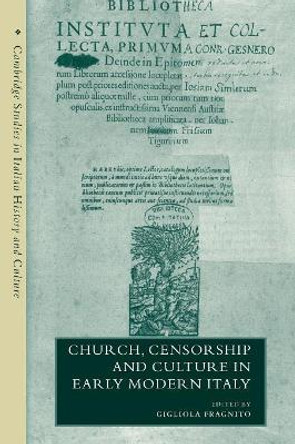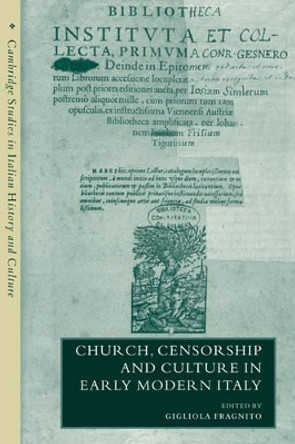Description
The Bishop's Burden argues that reforming bishops were forced to be creative and resourceful to accomplish meaningful change, including creating strong diocesan governments, reforming clerical and lay behavior, educating priests and parishioners, and converting non-believers. The book explores this issue through a detailed case study of the episcopacy of Cardinal-Bishop Gregorio Barbarigo of Padua (bp. 1664-1697), asking how a dedicated bishop formulated a reform program that sought to achieve the Church's goals. Barbarigo, like other reforming bishops, borrowed strategies from a variety of sources in the absence of clear guidance from Rome. He looked to both pre- and post-Tridentine bishops, the Society of Jesus, the Venetian government, and the Propaganda Fide, which he selectively emulated to address the problems he discovered in Padua. The book is based primarily on the detailed records of Barbarigo's visitations of rural parishes and captures the rarely-heard voices of seventeenth-century Italian peasants.
The Bishop's Burden helps us understand not only the changes experienced by early modern Catholics, but also how even the most sophisticated plans of central authorities could be frustrated by practical realities, which in turn complicates our understanding of state-building and social control.
Book Information
ISBN 9780813233574
Author Celeste McNamara
Format Hardback
Page Count 312
Imprint The Catholic University of America Press
Publisher The Catholic University of America Press
Weight(grams) 560g







